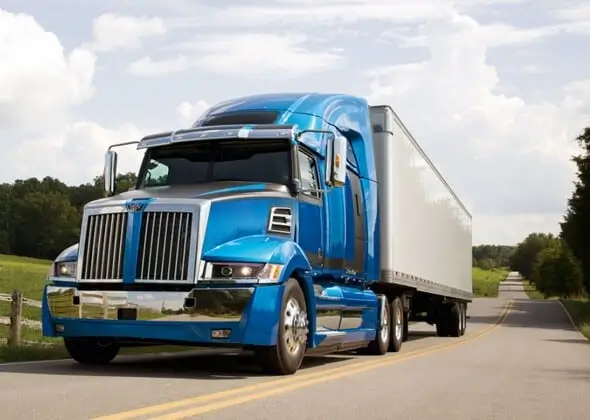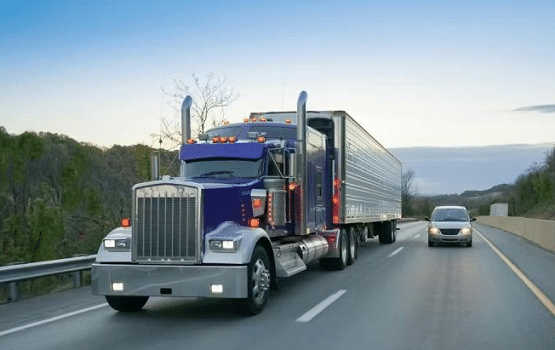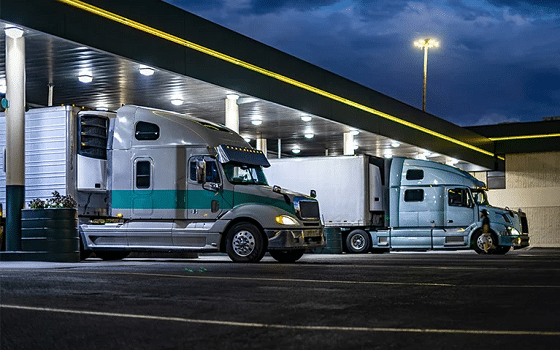Registering a vehicle with IRP can be done online or by mail. For most states, you must pay the registration fees in full before the application process can begin.
To register a vehicle with IRP, the owner must provide proof of ownership and all necessary information about their fleet. This includes, but is not limited to, the number of vehicles in the fleet, vehicle types, and license plate numbers.
Once the application has been submitted, it will be reviewed by the state agency responsible for IRP registration. The application will be approved or denied, depending on the details provided.
IRP Fees
Once approved, the vehicle’s owner must pay a one-time registration fee and an annual renewal fee. The IRP registration fee depends on the type of license plate you choose and the number of axles your vehicle has. In addition, other fees may be incurred depending on the jurisdiction in which you are registering your vehicle.
For example, if you’re a Canadian trucker who has a two-axle vehicle, the registration fee will be based on the type of license plate you choose. If you go with a regular plate, you’ll pay around $100 plus applicable taxes. If you choose to get an international plate, the fee is higher; it ranges from $140-$350, plus applicable taxes.
Additionally, you’ll need to pay a mileage fee based on the distance your vehicle will travel each year. The mileage fee will vary depending on the jurisdiction where you’re registering your vehicle. In Ontario, for example, the annual mileage fee ranges from $350 to $4,500 for two-axle vehicles.
Note that the fees associated with IRP registration are subject to change. You may be required to pay additional taxes or fees if your state or province requires it. Additionally, some states and provinces discount registration fees if you have a clean driving record.
IRP fees are not refundable. If you cancel your registration or transfer it to another vehicle, you will not be refunded any money you’ve already paid.
IRP Compliance
Once the application has been approved and the registration fees have been paid, ensure that a motor vehicle complies with the IRP regulations.
Any changes to the vehicle’s weight, type, or other information must be reported to the state agency issuing the IRP registration. Failure to comply can result in fines or even the suspension of the vehicle’s registration.
Penalty Fees
The penalty fees associated with IRP non-compliance can be significant. For example, failure to register a vehicle or to keep it registered could result in fines of up to $10,000 or more. In addition, the owner could be held liable for any damages incurred due to operating an unregistered vehicle.
IRP registration is essential for businesses operating motor vehicles between jurisdictions. Not only does it ensure compliance with all applicable laws, but it also can save businesses money in the long run. To ensure a vehicle remains compliant, owners must inform their state agencies of any changes and pay all registration fees on time. By doing so, they can avoid expensive fines and remain compliant with IRP regulations.
At FleetCare, we pride ourselves on helping trucking companies keep their vehicles compliant with IRP regulations. With our comprehensive dashboard and streamlined process, we make it easy to stay informed and compliant. Contact us today to learn how we can help you comply with IRP regulations.














